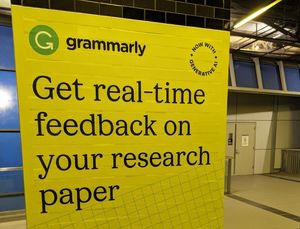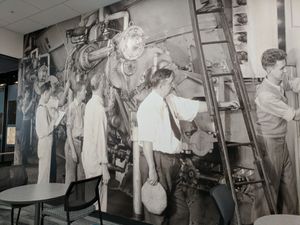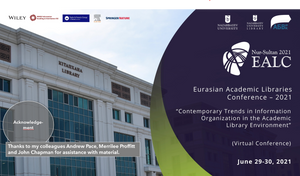I wrote about registries a while ago.
But this is exactly the situation we are in with higher level network services where we have no such directory services. Increasingly, library applications need to know about a variety of entities. We are used to thinking about information objects (books, journals, maps, etc). What about institutions (suppliers, libraries, etc), policies (e.g. ILL policies), licenses, collections (databases, special collections, summary level descriptions of archival collections, and so on), and services (addresses and interface details for machine users, and descriptions for human users)? The absence of appropriate directory services for each of these reduces the efficiency of the network. We have an extensive infrastructure to allow us to discover and use information objects, and we are currently figuring out how that needs to be re-engineered for more effective use in a network world. However, we are very poorly equipped in the other areas. This means that there is a lot of local configuration and redundant effort in making certain applications work. [Lorcan Dempsey’s weblog: Registries: the intelligence in the network]
The OpenURL Resolver Registry is an example of a service registry, the service in this case being an OpenURL resolution service.
I am pleased to point to the Worldcat Registry, a registry of institutions. Primarily libraries for now, but it will grow. The introduction of this new registry has been led by my New Services colleagues with input from folks around OCLC.
Check out the informational pages:
The WorldCat Registry is a Web-based directory for libraries and library consortia. It is an authoritative single source for information that defines institutional identity, services, relationships, contacts and other key data often shared with third parties. [WorldCat Registry]
Related entry:



